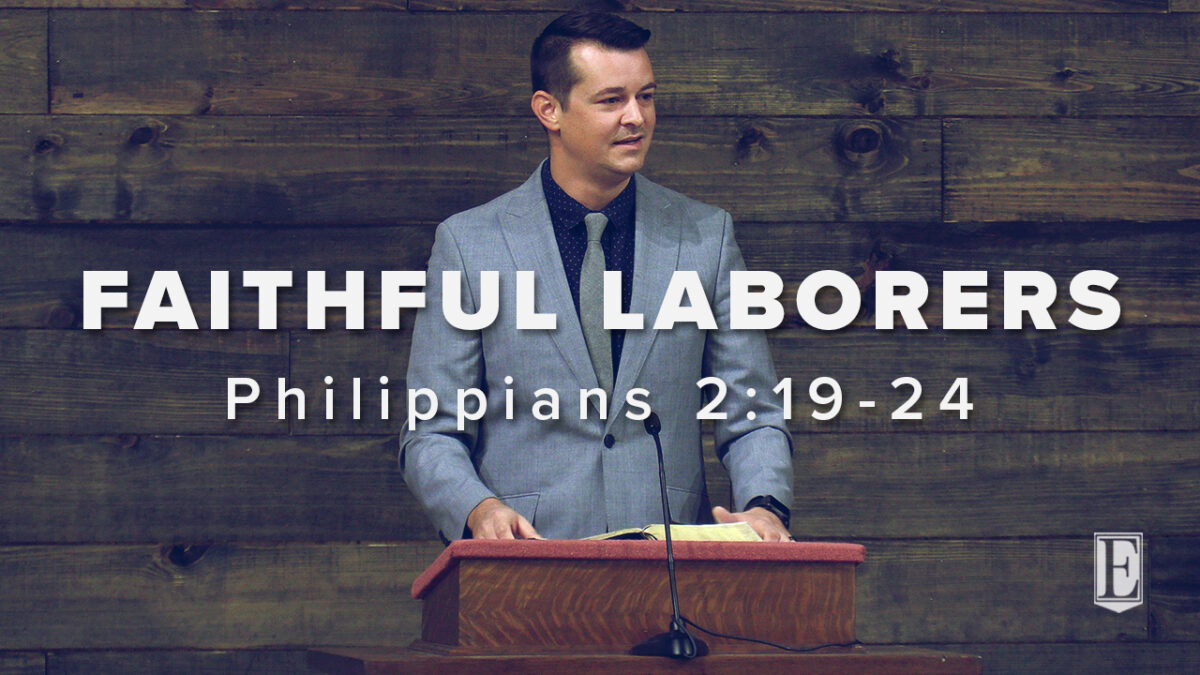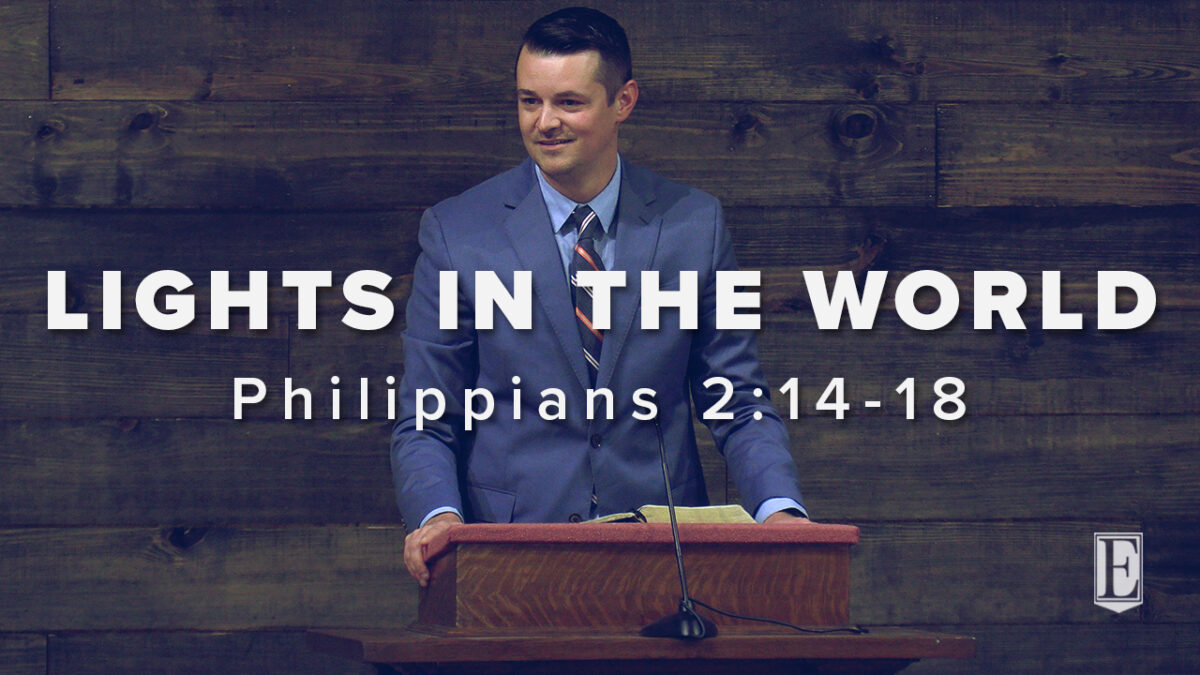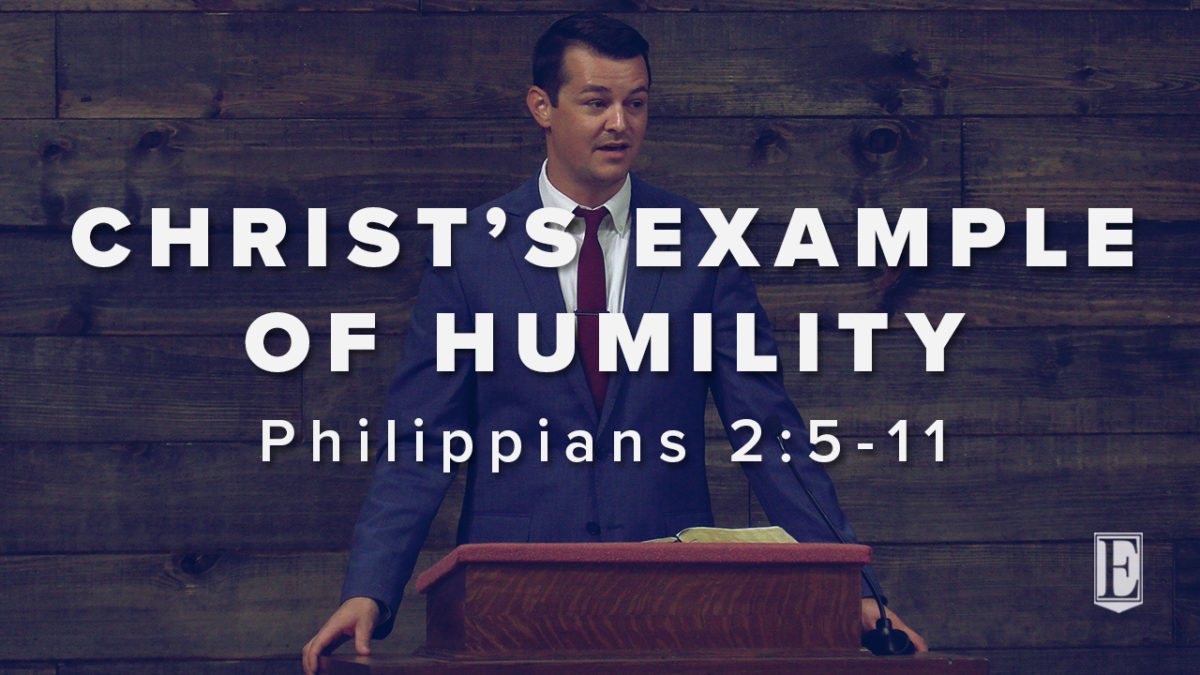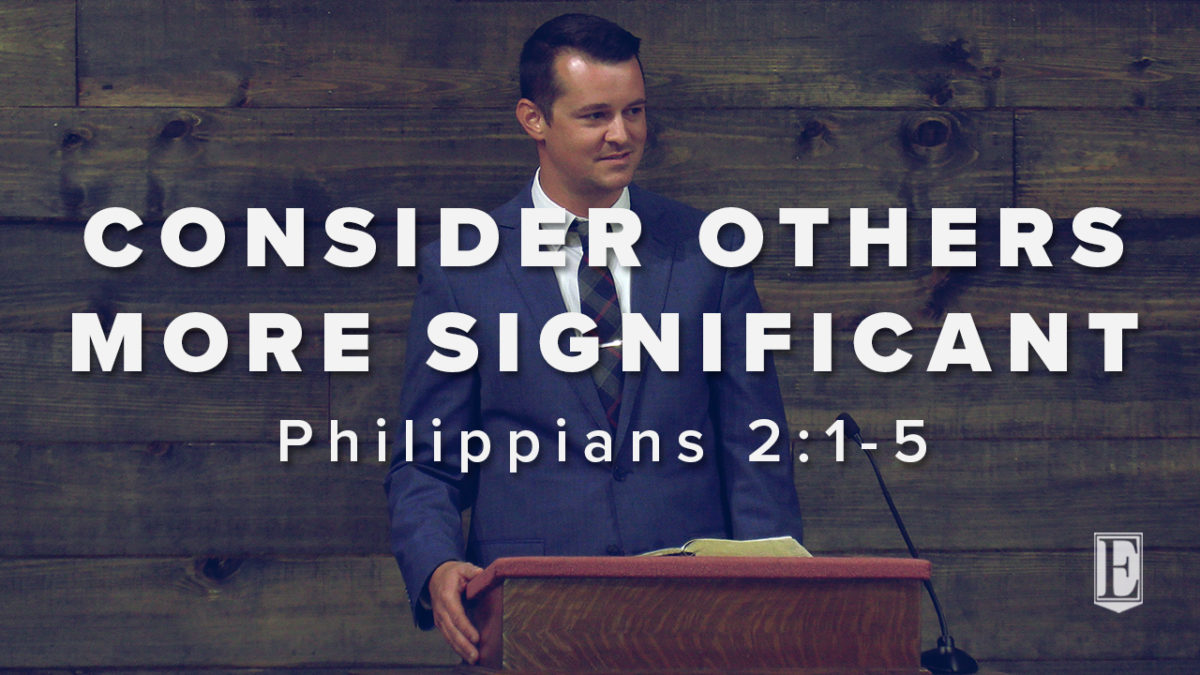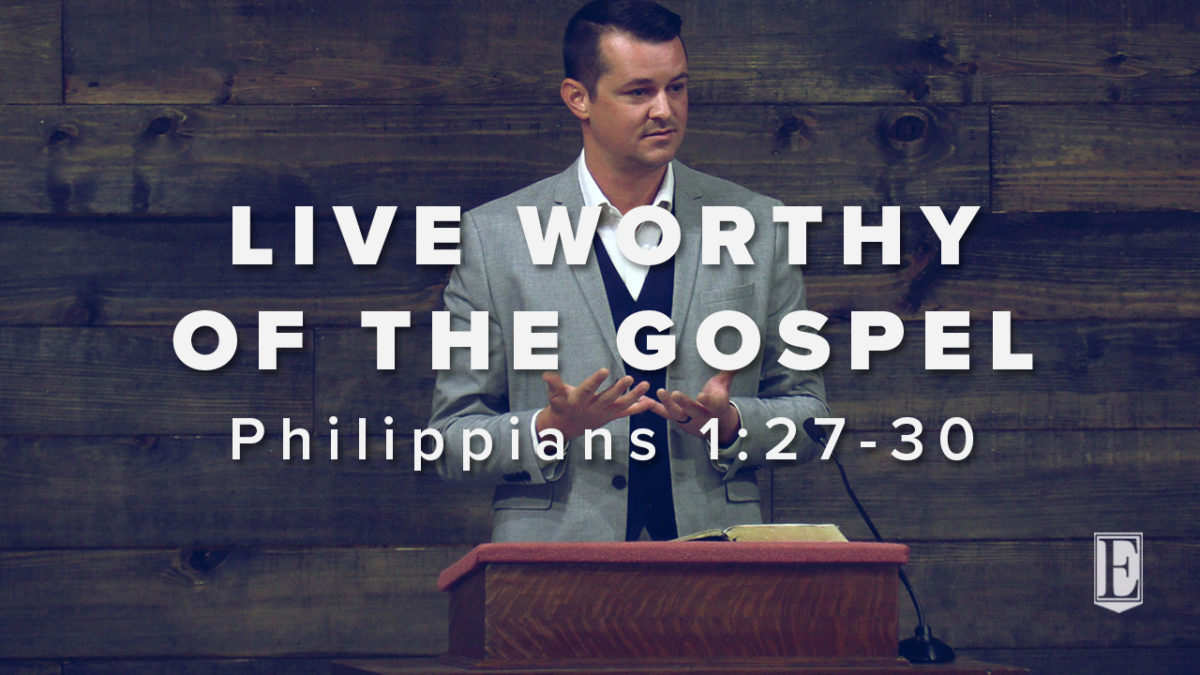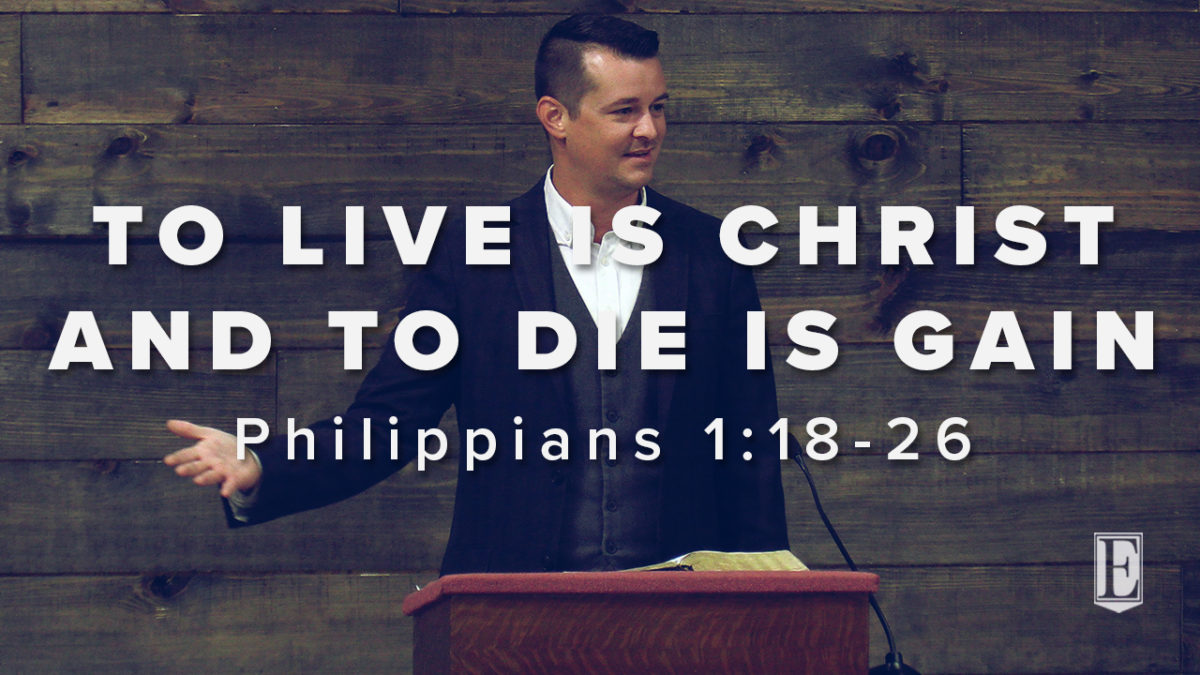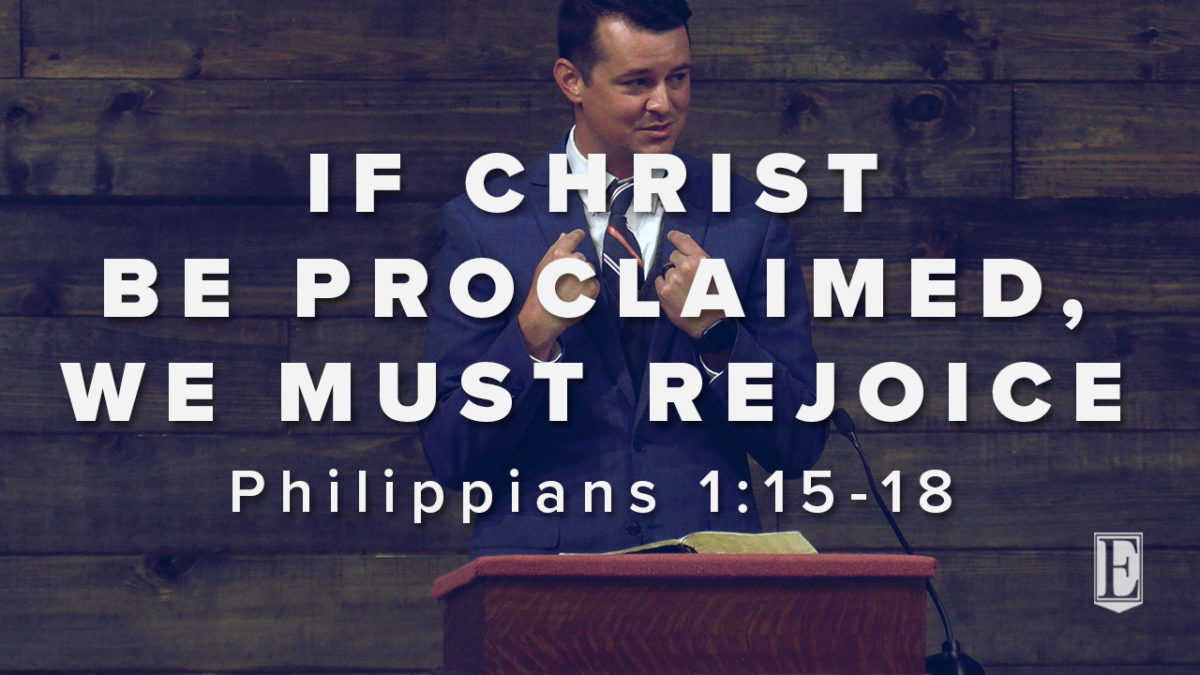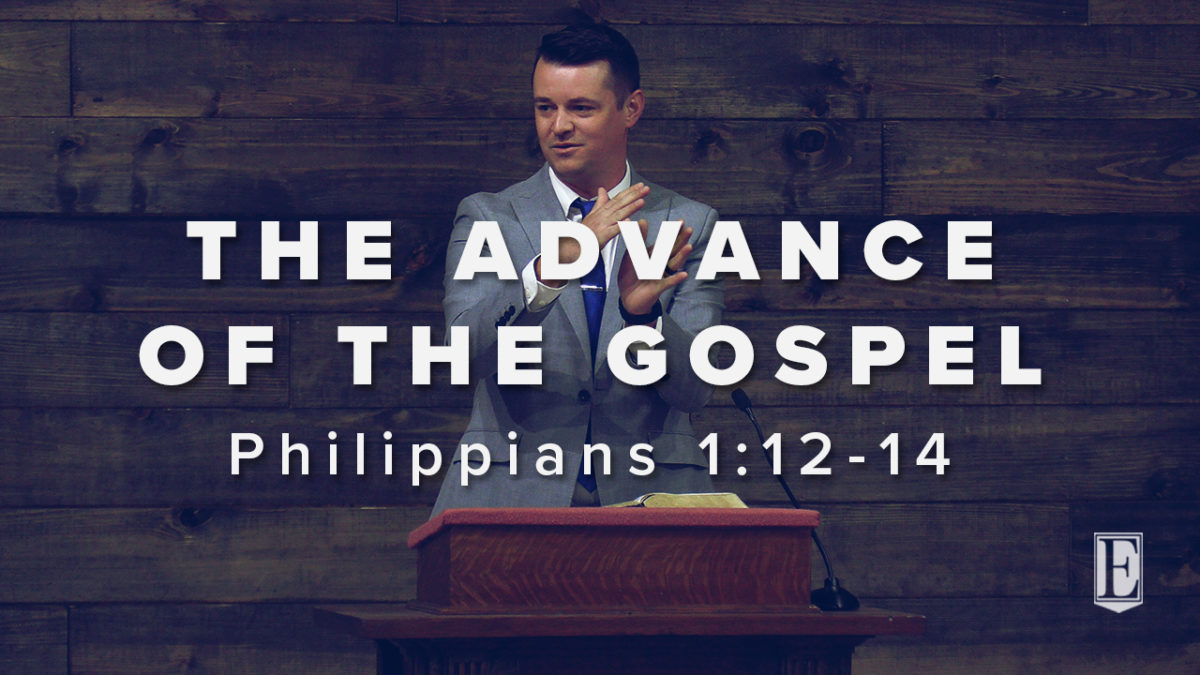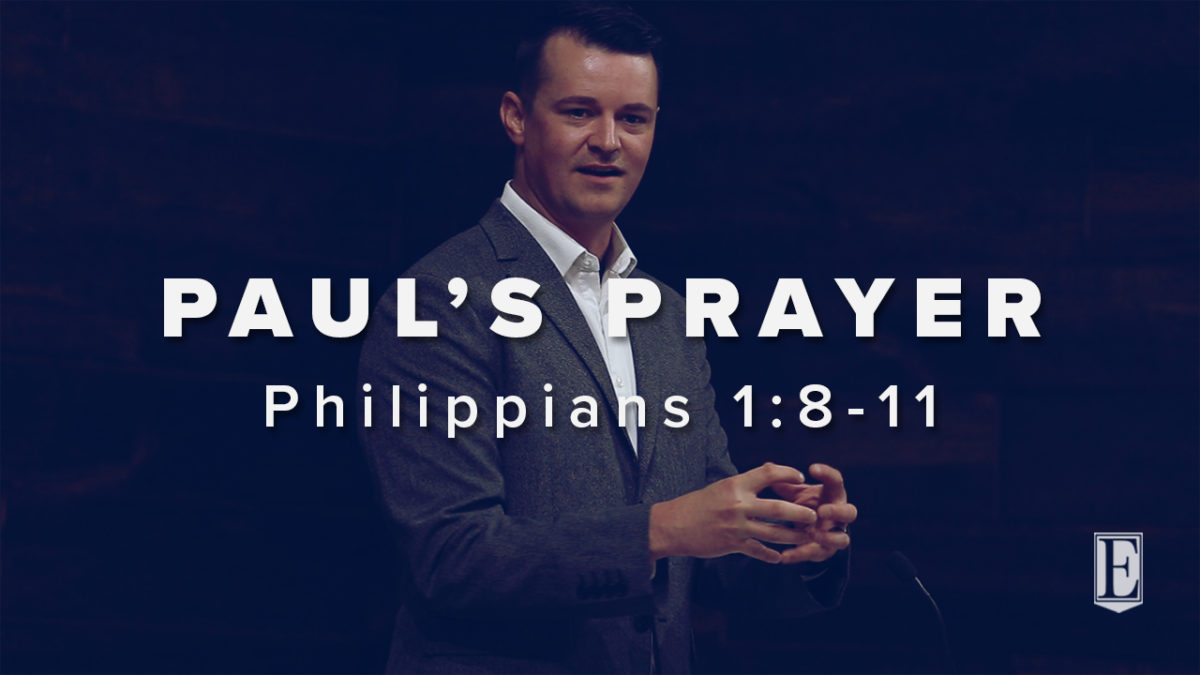OUTLINE
INTRO: The harvest is plentiful but the laborers are few (v. 20a)
What do faithful laborers look like?
I. Faithful laborers are concerned with the welfare of the saints (v. 20b)
II. Faithful laborers have real affection for the saints (v. 19, 23-24)
III. Faithful laborers seek Jesus’ interests (v. 21)
IV. Faithful laborers are servants (v. 22)
DISCUSSION
I. Read verses 19-20. What do we learn about Timothy and therefore about faithful gospel ministry? What do we learn about unfaithful gospel ministry from verse 21?
II. According to verse 22, how did Paul view Timothy? Why? What did Paul “therefore” want Timothy to do, according to verses 23-24?
